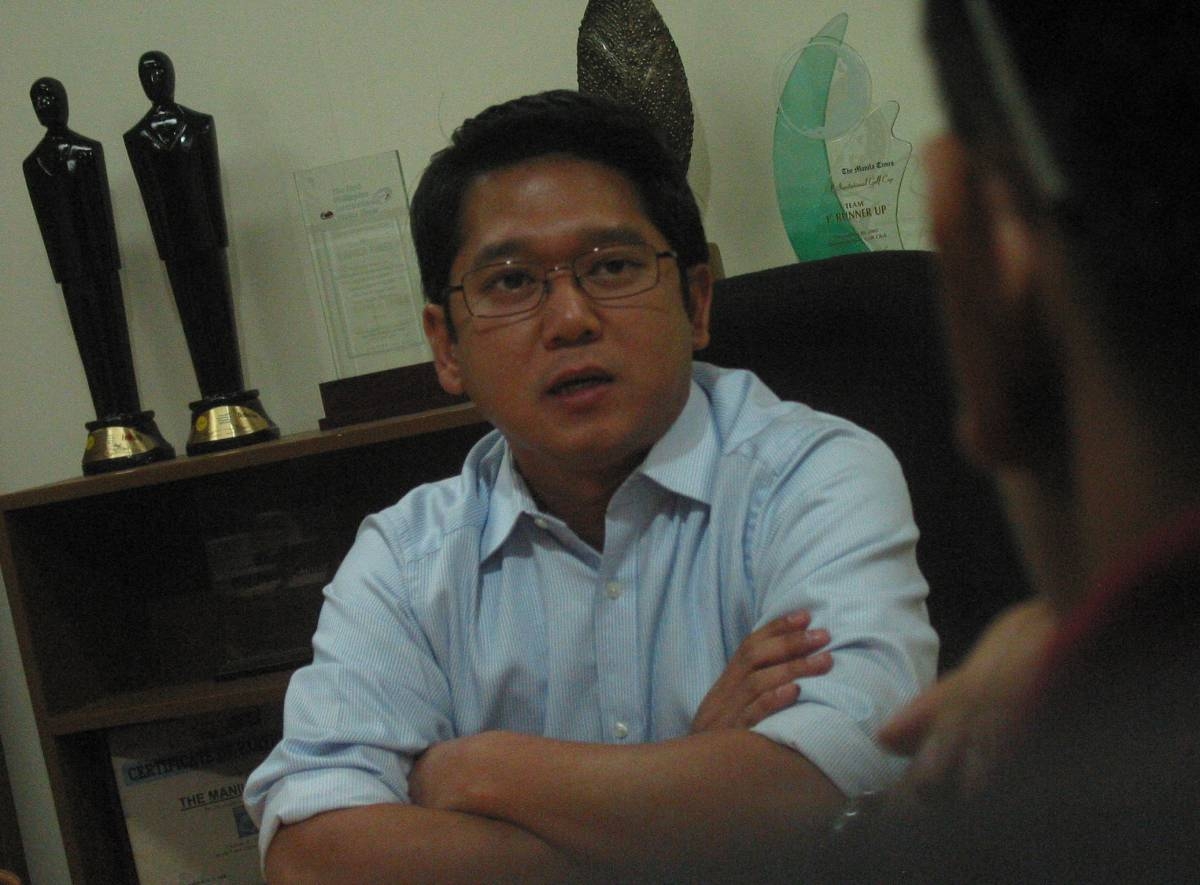Former Quezon City mayor Herbert Bautista pleaded not guilty on Monday to the graft complaint filed against him before the Sandiganbayan in connection with a P25.3 million solar power system and waterproofing project.
Bautista, along with former city administrator Aldrin Cuña, was accused of conspiring to provide unwarranted benefits and advantages to Cygnet Energy and Power Asia, Inc. (Cygnet) by facilitating and approving the release of public funds for the solar and waterproofing project.
Earlier this month, Cuña also pleaded not guilty when he was arraigned.
The Office of the Ombudsman alleged that Cuña issued an undated certificate of acceptance, and Bautista signed a disbursement voucher dated June 27, 2019.
The Ombudsman further claimed that Cygnet “was not entitled to said amount because it failed to apply for and secure a Net Metering System from Meralco.”
In a June 7, 2023 resolution, the court denied Bautista’s motion to quash the charge sheet.
Herbert Bautista, a former mayor of Quezon City in the Philippines, has pleaded not guilty to a graft complaint related to a solar power system and waterproofing project worth P25.3 million. The complaint alleges that Bautista conspired with Aldrin Cuña, the former city administrator, to provide unwarranted benefits and advantages to Cygnet Energy and Power Asia, Inc. (Cygnet) by facilitating the release of public funds for the project.
Cuña, who was arraigned earlier this month, also pleaded not guilty to the charges. The Office of the Ombudsman, the government agency responsible for investigating and prosecuting public officials, claimed that Cuña issued an undated certificate of acceptance for the project, and Bautista signed a disbursement voucher dated June 27, 2019.
According to the Ombudsman, Cygnet was not entitled to the funds because it failed to apply for and secure a Net Metering System from Meralco, the local power distributor. In a resolution issued on June 7, 2023, the court denied Bautista’s motion to quash the charge sheet, indicating that the case will proceed.
This case highlights the importance of transparency and accountability in public projects. Graft and corruption have long been issues in the Philippines, and cases like this serve as a reminder of the need for strong governance and oversight. The allegations against Bautista and Cuña involve the misuse of public funds for a specific project, which is a serious offense.
The solar power system and waterproofing project, worth over P25 million, was intended to benefit the city and its residents. However, if the allegations are proven true, it would mean that the funds were misappropriated for the benefit of a private company, Cygnet Energy and Power Asia, Inc. This raises concerns about the fairness and integrity of the procurement process and the decision-making of the city officials involved.
The court’s denial of Bautista’s motion to quash the charge sheet indicates that the case will proceed, allowing for a thorough examination of the evidence and a fair trial. It is important for justice to be served, and for those responsible to be held accountable if they are found guilty.
As this case unfolds, it is crucial for the legal system to work efficiently and transparently. This will help restore public trust in the government and ensure that similar incidents are prevented in the future. The outcome of this case will have implications not only for the individuals involved but also for the broader fight against corruption in the Philippines.
It is worth noting that this case is just one example of the ongoing efforts to combat corruption in the country. The Office of the Ombudsman and other government agencies play a vital role in investigating and prosecuting cases of graft and corruption. However, it is also important for citizens to remain vigilant and hold their public officials accountable.
Overall, the graft complaint against Herbert Bautista and Aldrin Cuña is a significant development in the fight against corruption in the Philippines. The allegations of misuse of public funds for a solar power system and waterproofing project highlight the need for transparency and accountability in public projects. As the legal process unfolds, it is essential for justice to be served and for those responsible to be held accountable if found guilty.







